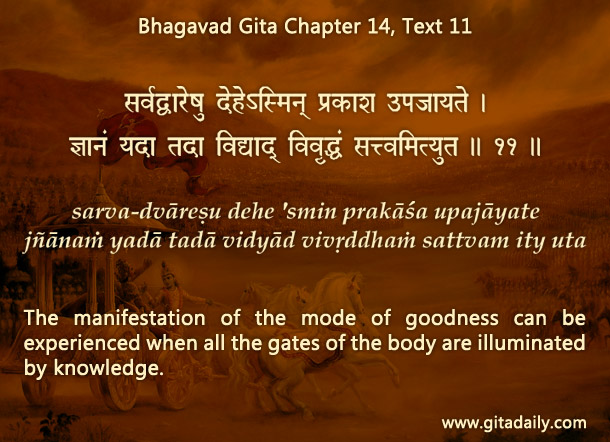While watching a video, if we press the pause button, the action stops. Regularly operating such digital switches, we tend to think of pause as the opposite of action. However, in real-life, pause is not always inaction – it can be an important form of action.
An action’s importance can be gauged by its consequence: the good it provides or the bad it prevents. In driving, the ability to brake expertly is life-saving.
We too need to brake ourselves when we get impulses that are shortsighted and self-sabotaging. For example, when someone does something wrong, we may feel impelled to shout at them. But an angry outburst can antagonize them, making the bad situation worse. By pausing and calming ourselves, we can choose a healthier way of expressing our concerns, thus increasing the likelihood of their cooperating to rectify the situation.
However, pausing ourselves is difficult because we usually function in the mode of passion, wherein we equate action with physical action. Unless we are doing something physical, we feel as if we are doing nothing.
In contrast with passion, the mode of goodness illumines us with knowledge (Bhagavad-gita 14.11). Thereby, we can look before we leap, and can appreciate the importance of looking before leaping. We understand that the contemplation before the action is also an action – in fact, it is a key action that ensures the constructiveness of our subsequent actions.
To give ourselves the time to shift gears from passion to goodness, we need to develop a pause button – something that protects us from acting unthinkingly according to whatever impulse arises within us. Our pause button may involve taking deep breaths, reciting Gita verses, chanting mantras, reading wisdom quotes or repeating chosen prayers.
When we develop our pause button and see pause as an action, we empower ourselves to act constructively.

To know more about this verse, please click on the image
Explanation of article:
Podcast:

He who sees action in inaction and inaction in action, sees properly. BG